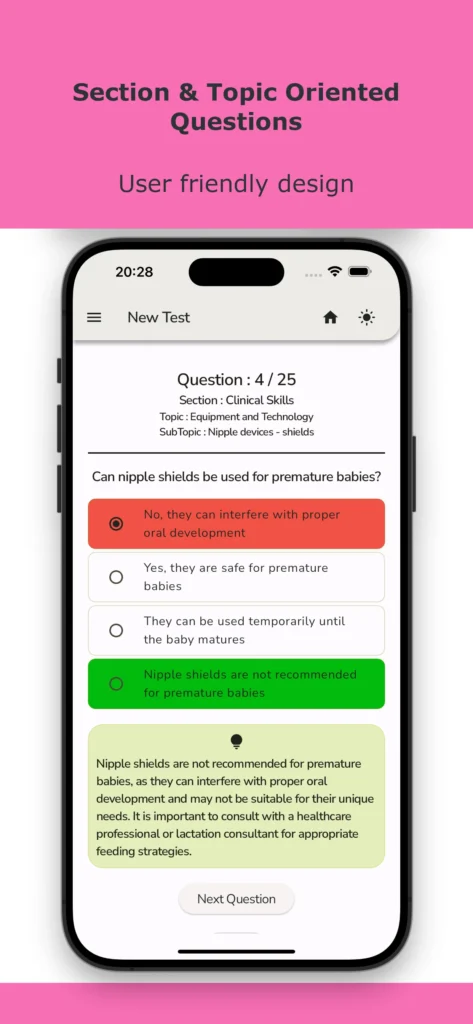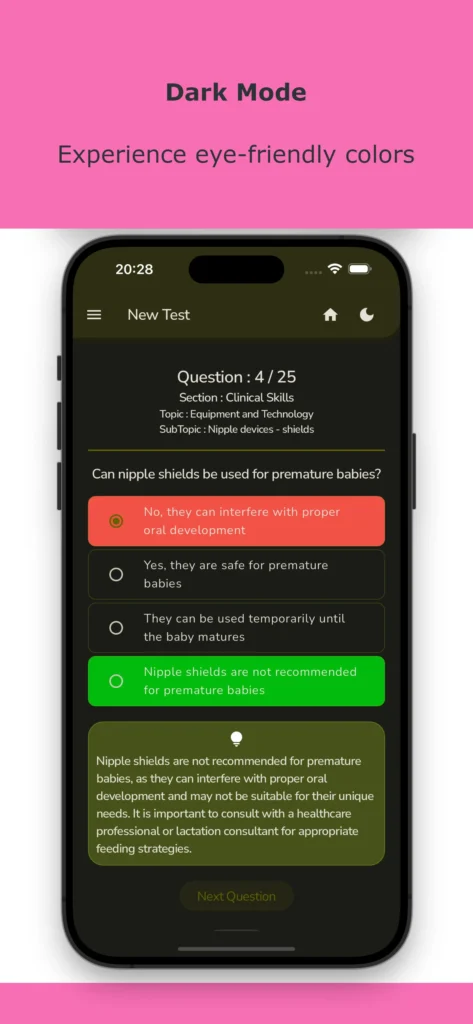Introduction to IBCLCs
An International Board Certified Lactation Consultant (IBCLC) is a healthcare professional who specializes in providing support and guidance to breastfeeding mothers and their infants. IBCLCs play a crucial role in promoting and supporting breastfeeding, as they possess the knowledge and skills necessary to address a wide range of lactation issues.
IBCLCs undergo extensive training and education to obtain their certification. They must complete a minimum of 90 hours of lactation-specific education, acquire 1,000 hours of clinical experience, and pass a comprehensive exam administered by the International Board of Lactation Consultant Examiners (IBLCE).
So, how much do IBCLCs make? The salary of an IBCLC can vary depending on several factors, including their location, experience, and work setting. On average, IBCLCs in the United States earn a median annual salary of around $70,000. However, it’s important to note that salaries can range from $50,000 to over $100,000, depending on various factors.
The demand for IBCLCs is growing, as more and more families recognize the importance of breastfeeding and seek professional support. IBCLCs can work in a variety of settings, including hospitals, clinics, private practices, and community organizations. Some IBCLCs also offer home visits to provide personalized care and support to breastfeeding families.
The cost of becoming an IBCLC can vary as well. In addition to the time and effort required to complete the necessary education and clinical experience, there are financial costs involved. The IBCLC exam fee is currently $660 for first-time applicants. However, it’s important to note that there may be additional costs associated with obtaining the required education and clinical experience.
Overall, becoming an IBCLC is a rewarding career choice for individuals passionate about supporting breastfeeding mothers and infants. It offers the opportunity to make a positive impact on the health and well-being of families while also providing a competitive salary.
Factors Affecting IBCLC Salaries
Education and Certification
One of the key factors that affect IBCLC salaries is the level of education and certification. IBCLCs are required to complete specific education and training programs to become certified. These programs can vary in length and cost, and the level of education and certification achieved can impact salary potential. Those with higher levels of education and certification may be able to command higher salaries.
Experience and Expertise
Another important factor is the level of experience and expertise. IBCLCs with more years of experience and a proven track record of success may be able to negotiate higher salaries. Additionally, those with specialized expertise in certain areas, such as working with premature infants or addressing specific breastfeeding challenges, may be in higher demand and therefore able to command higher salaries.
Geographic Location
The geographic location where an IBCLC practices can also have a significant impact on salary. Salaries can vary widely depending on factors such as cost of living, demand for lactation consultants, and local healthcare systems. In general, areas with higher costs of living and greater demand for lactation consultants may offer higher salaries.
Work Setting
The work setting can also influence IBCLC salaries. IBCLCs can work in a variety of settings, including hospitals, private practices, and community health centers. Salaries may vary depending on the type of setting and the resources available. For example, IBCLCs working in hospitals may have access to more resources and higher salaries compared to those working in community health centers.
Additional Factors
Other factors that can affect IBCLC salaries include the size and reputation of the organization or practice, the demand for lactation consultants in the area, and the overall economic conditions. It’s important to consider these factors when evaluating salary potential as an IBCLC.
Average IBCLC Salary
Understanding the Average IBCLC Salary
Aspiring lactation consultants often wonder about the earning potential in this rewarding profession. If you’re considering a career as an International Board Certified Lactation Consultant (IBCLC), it’s important to have a clear understanding of the average IBCLC salary.
While salaries can vary depending on factors such as location, experience, and work setting, the average IBCLC salary in the United States is around $70,000 per year. However, it’s important to note that this figure can range from $50,000 to $100,000 or more, depending on various factors.
Factors Affecting IBCLC Salaries:
- Experience: As with any profession, experience plays a significant role in determining salary. IBCLCs with several years of experience and a proven track record may command higher salaries.
- Location: Salaries can vary significantly depending on the geographic location. For example, IBCLCs working in metropolitan areas or regions with a higher cost of living may earn higher salaries compared to those in rural areas.
- Work Setting: IBCLCs can work in various settings, including hospitals, private practices, and community health centers. Salaries may differ based on the type of setting and the resources available.
Investing in Your IBCLC Career
Becoming an IBCLC requires dedication, education, and a financial investment. In addition to the required education and clinical practice hours, there is also an exam that aspiring IBCLCs must pass. The IBCLC exam is administered by the International Board of Lactation Consultant Examiners (IBLCE) and costs around $660.
While the cost of the exam may seem daunting, it’s important to view it as an investment in your career. Earning the IBCLC credential opens up a world of opportunities and can lead to a fulfilling and financially rewarding career.
Additionally, continuing education and professional development are essential for IBCLCs to stay up-to-date with the latest research and best practices. Investing in ongoing education and training can enhance your skills and potentially lead to higher earning potential.
Conclusion
The average IBCLC salary can vary depending on factors such as experience, location, and work setting. While the average salary is around $70,000 per year, it’s important to consider the range of salaries and the factors that can influence earning potential. Investing in your IBCLC career through education, certification, and professional development can help you maximize your earning potential and make a positive impact in the field of lactation consulting.
Tips for Increasing Your IBCLC Salary
1. Gain Experience and Expertise
One of the most effective ways to increase your IBCLC salary is to gain experience and expertise in the field. The more experience you have as a lactation consultant, the more valuable you become to employers and clients. Consider seeking out opportunities to work in different settings, such as hospitals, private practices, or community health centers. This will not only broaden your skill set but also demonstrate your versatility and adaptability as a lactation consultant.
Additionally, continuing education and professional development are crucial for staying up-to-date with the latest research and best practices in lactation consulting. Attend conferences, workshops, and seminars to expand your knowledge and skills. This commitment to ongoing learning will enhance your expertise and make you a sought-after professional in the field.
2. Build a Strong Professional Network
Networking is essential for career growth and can also lead to opportunities for salary increases. Connect with other lactation consultants, healthcare professionals, and organizations in the field. Attend local meetings and join professional associations, such as the International Lactation Consultant Association (ILCA) or the United States Lactation Consultant Association (USLCA).
By building a strong professional network, you can learn from others, share resources, and stay informed about job openings or freelance opportunities. This network can also provide valuable support and mentorship, which can be instrumental in advancing your career and negotiating higher salaries.
3. Demonstrate Your Value
When it comes to negotiating a higher salary as an IBCLC, it’s important to clearly demonstrate your value to employers or clients. Highlight your accomplishments, such as successful breastfeeding outcomes, positive client feedback, or contributions to research or community initiatives. Provide concrete examples of how your expertise and skills have made a difference in the lives of breastfeeding families.
Consider creating a portfolio or professional website to showcase your work, testimonials, and any additional certifications or specialized training you have obtained. This tangible evidence of your expertise can help you stand out from other candidates and justify a higher salary.
4. Stay Informed About Market Rates
Researching and staying informed about market rates for IBCLCs is essential for negotiating a competitive salary. Keep track of salary surveys, job postings, and industry trends to understand the current market value of your skills and experience.
Consider joining online forums or discussion groups where lactation consultants share information about salaries and compensation. This can provide valuable insights into what others in the field are earning and help you make informed decisions about your own salary expectations.
5. Consider Diversifying Your Income
In addition to working as a lactation consultant, consider diversifying your income streams to increase your overall earnings. This could include offering virtual consultations, teaching breastfeeding classes, writing articles or books, or developing online courses or resources.
By expanding your offerings and reaching a wider audience, you can potentially increase your income and financial stability. However, it’s important to carefully manage your time and resources to ensure that your primary role as a lactation consultant remains a priority.
Remember, increasing your IBCLC salary takes time and effort. By gaining experience, building a strong network, demonstrating your value, staying informed about market rates, and diversifying your income, you can work towards achieving your financial goals as a lactation consultant.
The Cost of IBCLC Exam
Understanding the Financial Investment
Before embarking on a career as an International Board Certified Lactation Consultant (IBCLC), it is important to consider the financial aspects of the profession. One of the key expenses that aspiring IBCLCs need to be aware of is the cost of the IBCLC exam.
The IBCLC exam is administered by the International Board of Lactation Consultant Examiners (IBLCE), the governing body for lactation consultants. This exam is a crucial step towards becoming a certified IBCLC and is designed to assess the knowledge and skills required to provide lactation support to individuals and families.
Breaking Down the Costs
The cost of the IBCLC exam consists of several components. The current fee for the exam is $660 for candidates in the United States. However, it is important to note that this fee may vary depending on the country in which the exam is taken.
In addition to the exam fee, candidates are also responsible for other expenses such as study materials, review courses, and any additional resources they may need to adequately prepare for the exam. These costs can vary depending on the individual’s preferred study method and resources.
Additional Considerations
It is also important to consider the potential costs associated with maintaining IBCLC certification. IBCLCs are required to recertify every five years to ensure they stay up-to-date with the latest research and best practices in lactation support. Recertification involves completing continuing education hours and paying a recertification fee.
While the cost of the IBCLC exam and recertification may seem significant, it is important to view it as an investment in your career and professional development. Becoming an IBCLC opens up a wide range of opportunities to support breastfeeding families and make a positive impact on their lives.
Financial Assistance
For individuals who may be concerned about the financial burden of the IBCLC exam, it is worth exploring potential financial assistance options. Some organizations and institutions offer scholarships or grants specifically for individuals pursuing a career in lactation consulting. Additionally, some employers may provide financial support or reimbursement for the cost of the exam and related expenses.
Conclusion
The cost of the IBCLC exam is an important consideration for individuals interested in pursuing a career as a lactation consultant. While there are expenses involved, it is crucial to view them as an investment in your professional development and the ability to provide valuable support to breastfeeding families. Exploring financial assistance options and planning ahead can help make the financial aspect more manageable.
Conclusion
In conclusion, the salary of an IBCLC can vary depending on various factors such as location, experience, and work setting. On average, IBCLCs can expect to earn a competitive salary that reflects their expertise and the valuable services they provide to breastfeeding families.
It is important to note that becoming an IBCLC requires a significant investment of time, effort, and financial resources. The IBCLC exam, which is a crucial step in the certification process, comes with a cost that aspiring IBCLCs should be prepared for.
While the exact salary figures may differ, it is clear that the demand for IBCLCs is growing, and the profession offers a rewarding career path for those passionate about supporting breastfeeding mothers and infants.
If you are considering a career as an IBCLC, it is advisable to research the specific salary ranges in your area and consult with professionals in the field to gain a better understanding of the earning potential and career opportunities available.
Remember, becoming an IBCLC is not just about the financial aspect. It is a profession that requires dedication, compassion, and a commitment to helping families navigate the breastfeeding journey. The impact you can make as an IBCLC goes beyond monetary compensation, as you have the opportunity to positively influence the health and well-being of mothers and babies.
If you have any further questions about IBCLC salaries or the certification process, feel free to reach out to us. We are here to support you on your journey to becoming a lactation consultant.








